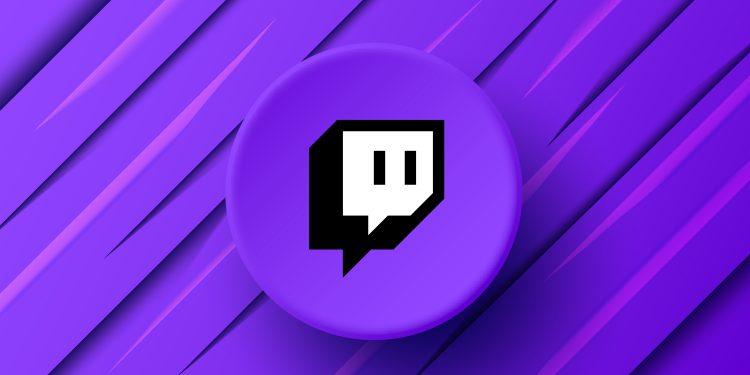Twitch, the popular livestreaming service owned by Amazon, has issued an apology and revised its advertising policy after facing a significant backlash from streamers. The initial policy aimed to restrict the size and type of ads used by content creators on the platform, which would have substantially impacted their ability to generate income.
Several prominent streamers expressed their dissatisfaction and threatened to boycott Twitch, while some even began exploring alternative platforms. In response to the outcry, Twitch acknowledged the overly broad nature of the policy update and apologized for the confusion and frustration it caused. The company clarified that it did not intend to limit streamers’ ability to establish direct relationships with sponsors, recognizing it as a crucial source of revenue for them.
Despite Twitch’s revision of the policy, some streamers, like UK-based Marco (known online as Stallion), have decided to leave the platform regardless. Stallion cited Twitch’s lack of discoverability and a perception that the platform prioritizes profit over its users’ well-being as the main reasons for his departure.
The original rules would have prohibited streamers from embedding ads, including video, audio, or other formats, directly into their streams. Additionally, the size of logos would have been limited to only 3% of the screen size. Streamers typically rely on embedded ads to ensure constant visibility for their audience.
Twitch’s revenue-sharing model involves paying streamers 50% of the money collected from their subscribers, although the largest streamers often negotiate a 70-30 split. However, the platform does not receive any portion of the revenue streamers earn from ads or donations. In comparison, YouTubers receive 70% of the revenue from subscriptions, but YouTube retains a 30% cut of fan donations.
The new rules also raised concerns for charity events such as Games Done Quick, which heavily rely on logos that occupy a significant portion of the screen during their streams.
While Twitch’s apology and policy revision aim to address the streamers’ grievances, the long-term impact on the streaming community remains uncertain. The incident highlights the ongoing challenges faced by content creators in balancing their livelihoods with the evolving policies and practices of the platforms they depend on.



























